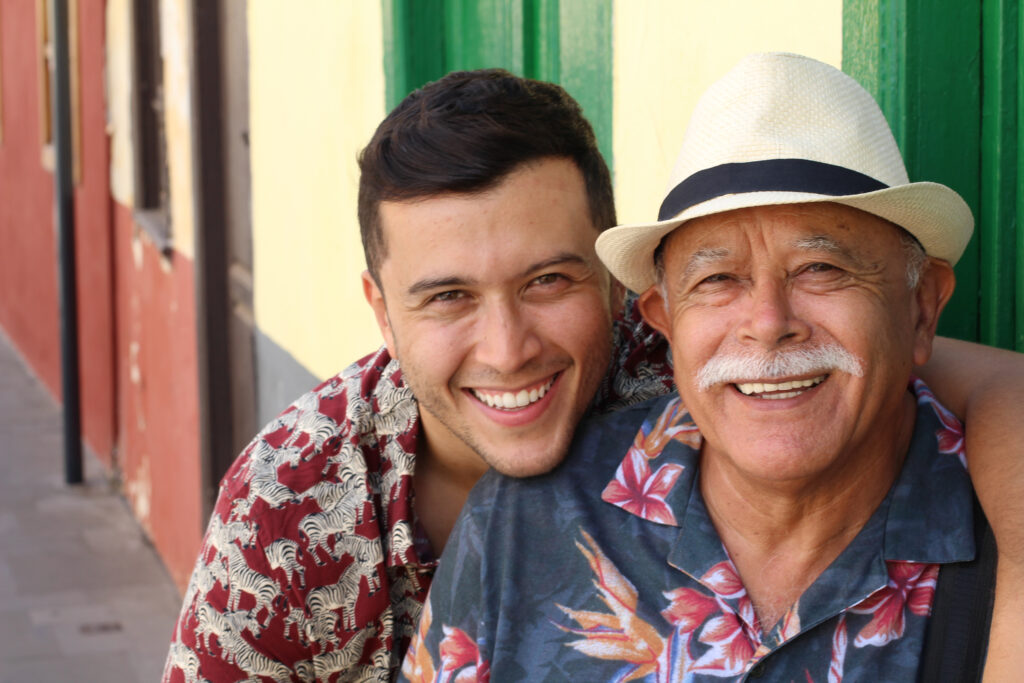The National Latino Behavioral Health Association (NLBHA) was established to fill a need for a unified national voice for Latino populations in the behavioral health arena and to bring attention to the great disparities that exist in areas of access, utilization, practice based research and adequately trained personnel.

Brief History
In March of 2000, the Substance Abuse and Mental Health Administration (SAMHSA) and its Center for Mental Health Services (CMHS) acknowledged the growing mental health service needs of a rapidly growing Hispanic/Latino community by sponsoring a National Congress for Hispanic Mental Health. SAMHSA determined that services must be more accessible, appropriate, and responsive to the needs of the Latino Community and declared the need for a plan to serve as an heirloom for the next generation. The aim of the Hispanic Congress was to create a vision for Latino mental health for the new century. The conference brought together national Latino leaders in behavioral health research and services, advocates and consumers/family members to define critical issues in behavioral services to Latinos. As its’ top priority the group recommended the need for a single voice to address the mental health and substance abuse issues facing the Latino community. In September of 2000 a Steering Committee of the National Congress met in Los Angeles, California and officially formed the National Latino Behavioral Health Association (NLBHA). NLBHA received its’ 501(c ) (3) status in 2002.

Our Vision
NLBHA’s Vision is to lead the nation and improve the behavioral health of Latinos in the United States.

Our Mission
The mission of the National Latino Behavioral Health Association is to achieve behavioral health equity and provide new programs that respond to the diverse needs of the community in a culturally and linguistically appropriate way.

Core Values
- Promote wellness within the Latino community.
- Build capacity and increasing representation of Latinos in addressing behavioral health needs.
- Cultivate/promote behavioral health awareness.
- Achieve behavioral health equity.
- Ensure implementation of Culturally and Linguistically Appropriate Services.
- Promote the development of Latino evidenced based practices.

